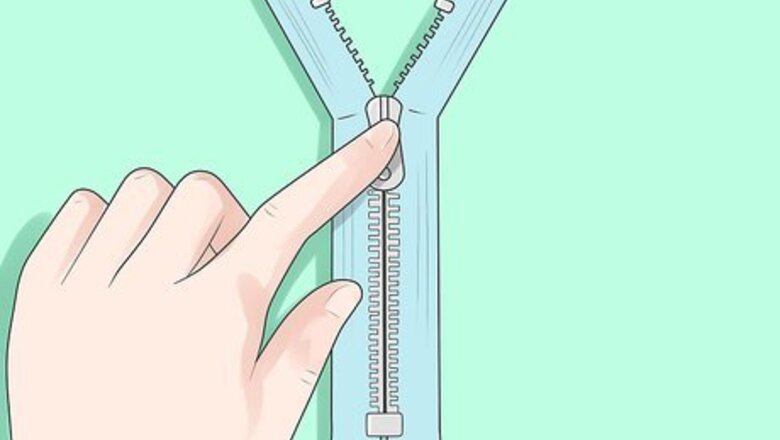
views
Teaching Your Child About Zippers
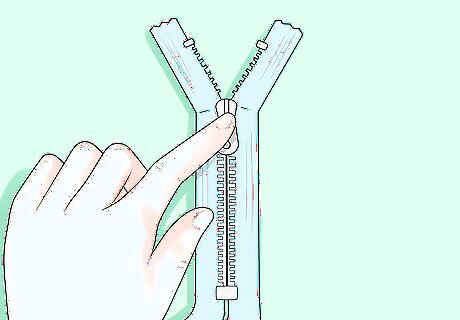
Teach your child about the parts of a zipper. To begin, teach your child the parts of the zipper and what each piece does. Show your child how each piece works using a jacket that isn’t being worn. Have them handle the pieces and understand how they fit inside their hands. An understanding of the pieces will not only pique your child’s interesting in zippers, but also help him or her understand how it all fits together. The zipper pull is the long piece that hangs down and is the piece you hold to zip and unzip the zipper. The zipper tongue is the part that fits into the zipper pull. Zipper teeth are the bumpy pieces that run the length of the zipper.

Sing songs about zippers. Help your child understand the zipper by singing a fun song about it. When repeated frequently, the song can stick with the child and help them remember the zipping process. This simple song can be sung with or without zippers to help children understand how they work. You can say this poem, or sing it, depending on your preference: 1-2-3 zip with me (hold the zipper up) It's so easy as you can see Zip it up (move it up) And zip it down (move it down) It's as easy as 1-2-3 Come on everybody and zip with me (hold it up) You can zip your coat You can zip your pants It's as easy as the hula dance

Read books about zippers and getting dressed. This will help your child to feel more comfortable about zippers and to teach them in a less stressful environment. Popular picture books about zippers include “All By Myself” and “Mrs. Toggle’s Zipper”.
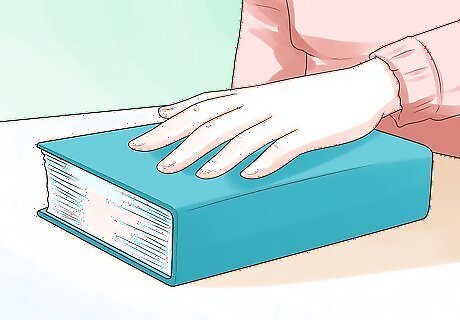
Make your own zipper book. Busy books that feature zippers are also a great teaching resource. You can make a zipper book on your own by sewing plain zippers found at the fabric store onto large sheets of fabric or felt and then sewing them together into a book. You can also find busy books with zippers at most toy and baby stores. Busy books not only keep children quiet and entertained, but also provide an opportunity to solidify the zipping process. As a bonus, many pre-made busy books feature zippers that are a little easier for children to zip, which can help your child learn the process of zipping and help translate the steps when they try to zip a more difficult jacket or pair of pants.
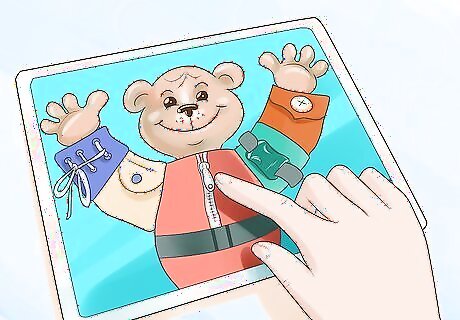
Teach your child to use a zipper with the help of toys. If your child needs extra practice, consider investing in a toy that involves zippers. Toys like the Melissa and Doug Basic Skills Zipper Board or the Children’s Factory Learn to Dress Doll can help children master their zipping skills in a colorful and low-key environment with zippers that are meant for their little hands. Once a child learns to zip and unzip on their toy, they should be able to transition to actual clothing fairly easily.

Be patient. Learning about zippers can be frustrating, especially for children whose small fingers make it even more difficult to zip. Most children need help zipping until they are at least 5 or 6 years old, so don’t expect them to become an expert overnight. If you notice your child getting particularly frustrated and angry, take a break from zippers. The break can be as short as doing another activity before coming back to try again, or as long as wearing zipper free clothing for a few days to give your child a rest.
Practicing Using a Zipper
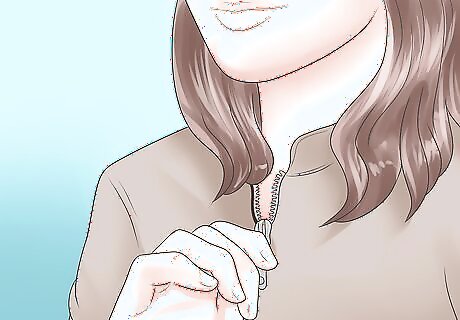
Model zipper use. A child can learn a lot just by watching you zip your jacket or clothes. When it is time to go outside, put a zip-up hoodie or jacket on yourself and your child so you can do the zipper together. Start with your child holding onto the zipper pull between their thumb and index finger. Help them insert the tongue into the pull and push it all the way down. Still holding the tongue, move the pull up with the other hand. Show your child how you do this on your own jacket, and talk them through each step. Repeating this process each time you zip a zipper will model the behavior and internalize the instructions to your child.
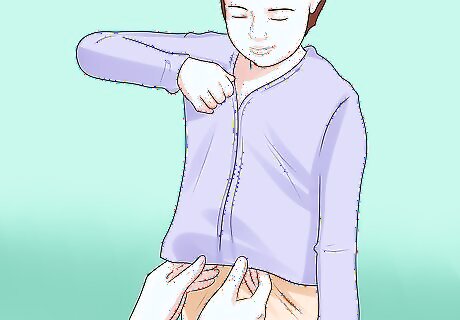
Have your child practice zipping with your help. Hold your hands on top of theirs and go through the movements together, all while talking about each step out loud. Give them lots of help at the beginning, and then give them less help after they begin to get the hang out it. To help a child’s small fingers grasp the zipper pull, add a key ring or a small toy to the end of the pull to give them something larger to grab.
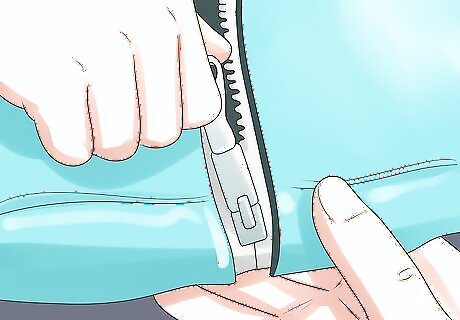
Remove any unnecessary challenges. When it’s time for your child to attempt zipping a zipper on their own, make things as easy as possible for them. Smooth the front of their jacket and remove any lumps or bumps to help the zipper move more easily. Help them line up the slider and connect the slider and the zipper tongue. Once the pieces are connected, it should be fairly easy for your child to pull the tab to the top of the zipper.
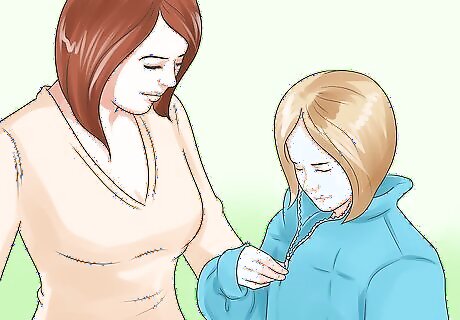
Give your child opportunities to practice zipping. Encourage your child to keep practicing on the zipper and give them lots of opportunities to zip clothes that they are wearing and clothes that are laying flat in front of them.

Give positive reinforcement. Point out the progress your child is making. They may want to give up, but encourage them to keep practicing by praising their performance.

Reward your child for a job well done. Even after they learn how to use a zipper, many children find it easier to leave their jacket unzipped or that it is more fun to unzip a zipper than to zip it up. If this is the case, or if your child needs a little extra motivation to master the skills, consider giving them a reward. The reward will be different for each child, but for some it could be a sticker or a piece of candy each time they zip their clothes themselves and keep their jacket zipped, or it could be working towards a larger prize if they keep their jacket zipped for a certain number of days in a row. Rewards can solidify the zipping skills you’ve taught and give children motivation to continue to zip their clothing.

















Comments
0 comment